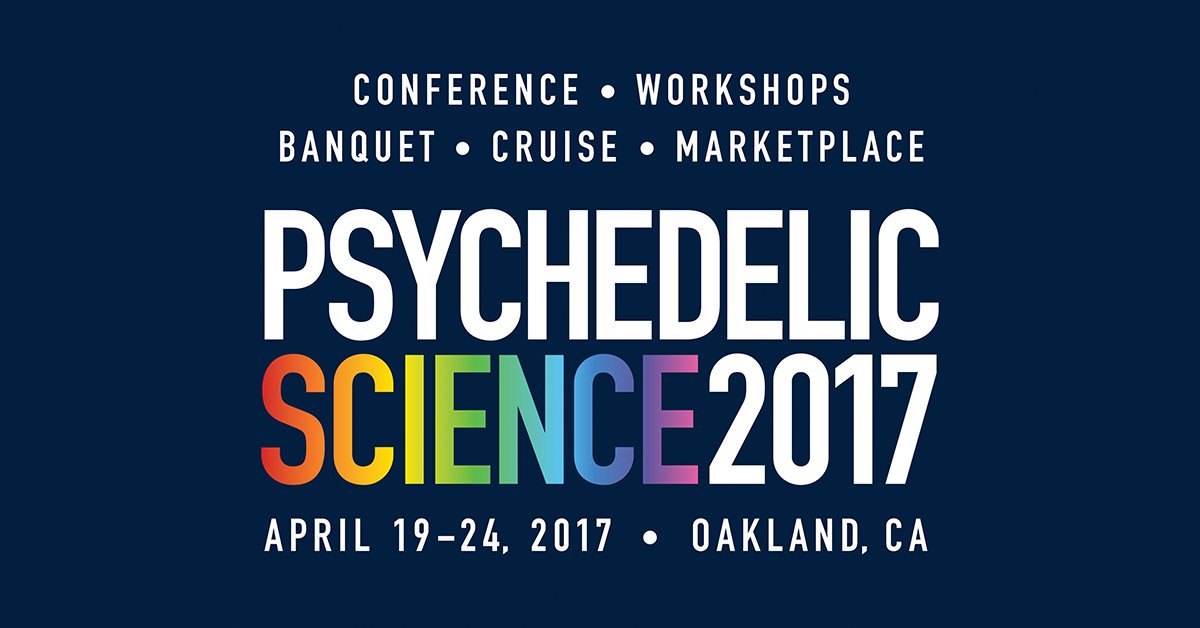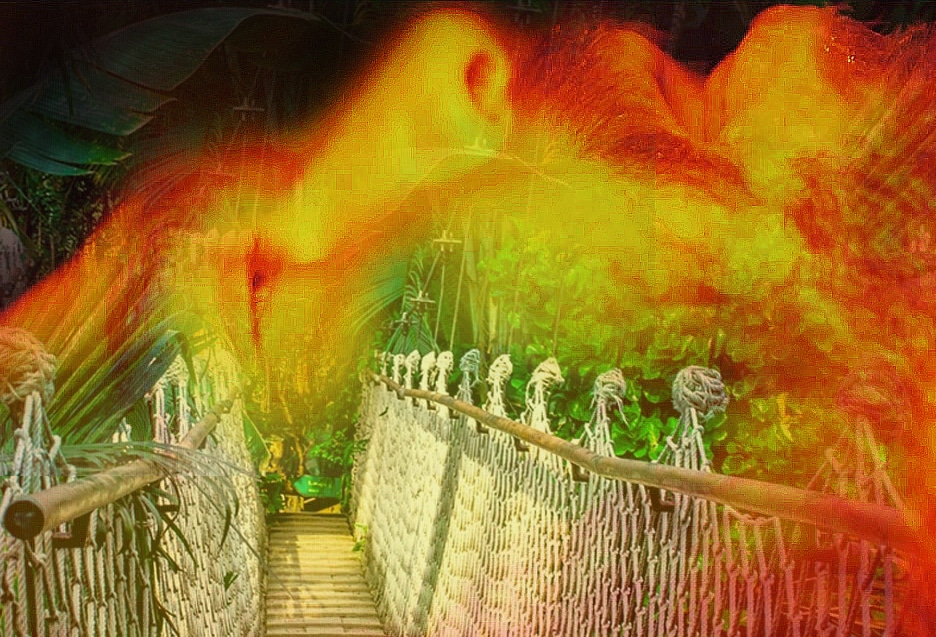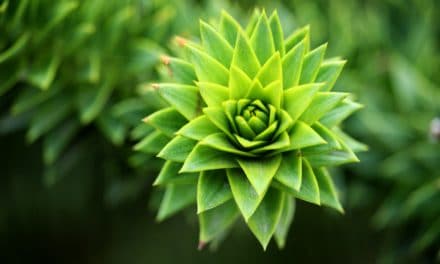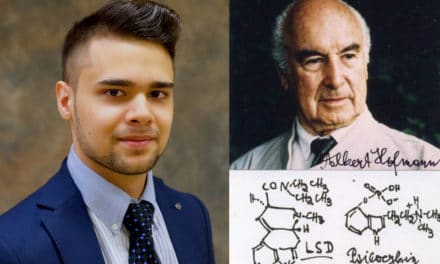
Image courtesy of the Multidisciplinary Association for Psychedelic Studies (MAPS).
Next month in Oakland, California, hundreds of psychedelic researchers, scientists, advocates, and experts will converge at Psychedelic Science 2017, a major psychedelics conference hosted by the Multidisciplinary Association for Psychedelic Studies (MAPS). This five-day event will not just include workshops and presentations from the world’s leading psychedelic researchers but will also involve a sunset cruise, a marketplace, and the world’s first Psychedelic Comedy Banquet featuring comics like Duncan Trussell, Shane Mauss, and Adrienne Airhart. We recently caught up with Brad Burge, Director of Communications for MAPS, to talk about the event, it’s history, it’s purpose, and what exciting things are in store this year.
Thanks for taking the time to speak with us, Brad. I know you are busy preparing for the conference. Can you give us an overview of what Psychedelic Science 2017 will entail and what MAPS hopes to accomplish with conferences like this?
Most of our focus at MAPS is on clinical research of the therapeutic benefits of psychedelics and cannabis, with our main effort right now being Stage 3 clinical trials of MDMA psychotherapy for PTSD, working closely with the FDA and other government regulators to make this research happen and make psychedelics available as a legal prescription treatment. Once every three or four years, we put on the Psychedelic Science conference, and this will be our third event of this kind. The reason we don’t hold this event annually is that we are a smaller organization, so we have to apportion our time and resources with care. Our aim with the conference is twofold. Firstly, we hope to create conditions to fertilize this field by bringing scientists together, enabling collaborations, and sharing scientific research. The other purpose is to contribute to the general public education surrounding psychedelics and marijuana and create a forum where people can come together from around the world to talk openly about their benefits—not just therapeutically but also creatively and spiritually.
This year features the world’s first Psychedelic Comedy Banquet. What went into the thinking behind putting this on?
It’s been something we’ve been thinking about for some time, blending together comedy and psychedelics. It seems to just be happening! Joe Rogan played a big role when he started speaking on his podcast about his psilocybin and DMT experiences and invited guests like Rick Doblin to speak about psychedelic science. More comedians have been talking about it in their acts as things like ayahuasca and microdosing have become more popular. I think that comedy is a really powerful way to mainstream and legitimize topics because you can laugh about it and take it less seriously, which leads to discussing it more openly. Often with psychedelic therapy, we are talking about really serious things; it’s not all glitter and rainbows. People go through really heavy stuff like dealing with trauma or coping with depression, anxiety, life threatening illness. Comedy is a way to lighten up the discourse.
Of all the presenters and workshops, is there one in particular that you are personally most excited about?
Of course all the science and research is really exciting, but I’m really glad we were able to get on the Plant Medicine Track a speaker coming from South Dakota, Sandor Iron Rope. He is part of the Native American Church, and he will be speaking about [the] indigenous perspective on how peyote can be used and the conservation of peyote in North America. Peyote is the source plant for mescaline, which is the source for MDMA and MDA and many other substances. It’s one of the plant medicines with the longest history of cultural uses in North America, so I’m really glad Sandor Iron Rope will be part of the event.
This is a very exciting time for psychedelic research and therapy, thanks in large part to MAPS’ efforts over the years. How is your organization processing the steady and significant inroads psychedelic research is making into mainstream science and culture? Is the atmosphere one of excitement or cautious optimism?
Both, definitely. We try to convey as much as possible the feeling of excitement and optimism that we have as a result of all the success and expanding research, but we always try to balance that because we need so many more resources to complete the research that we started and make MDMA a medicine. We need to raise another 20-30 million dollars over the next four years to complete the Phase 3 trials and make MDMA a medicine, and we want to deepen our relationships with the Department of Defense and the DEA and the current administration to garner greater support for our work with veterans. So as excited as we are, we are thinking about how we deal with our next phase of growth and where the next level of public support is going to come from. One of my favorite quotes sums this sentiment up: “Watch out for insurmountable opportunities.”
We are very grateful to Brad for speaking with us and have immense appreciation for MAPS and their tireless efforts over the past 20+ years to promote the therapeutic uses of psychedelics and cannabis. To learn more about Psychedelic Science 2017 and purchase tickets, visit the event website here.










